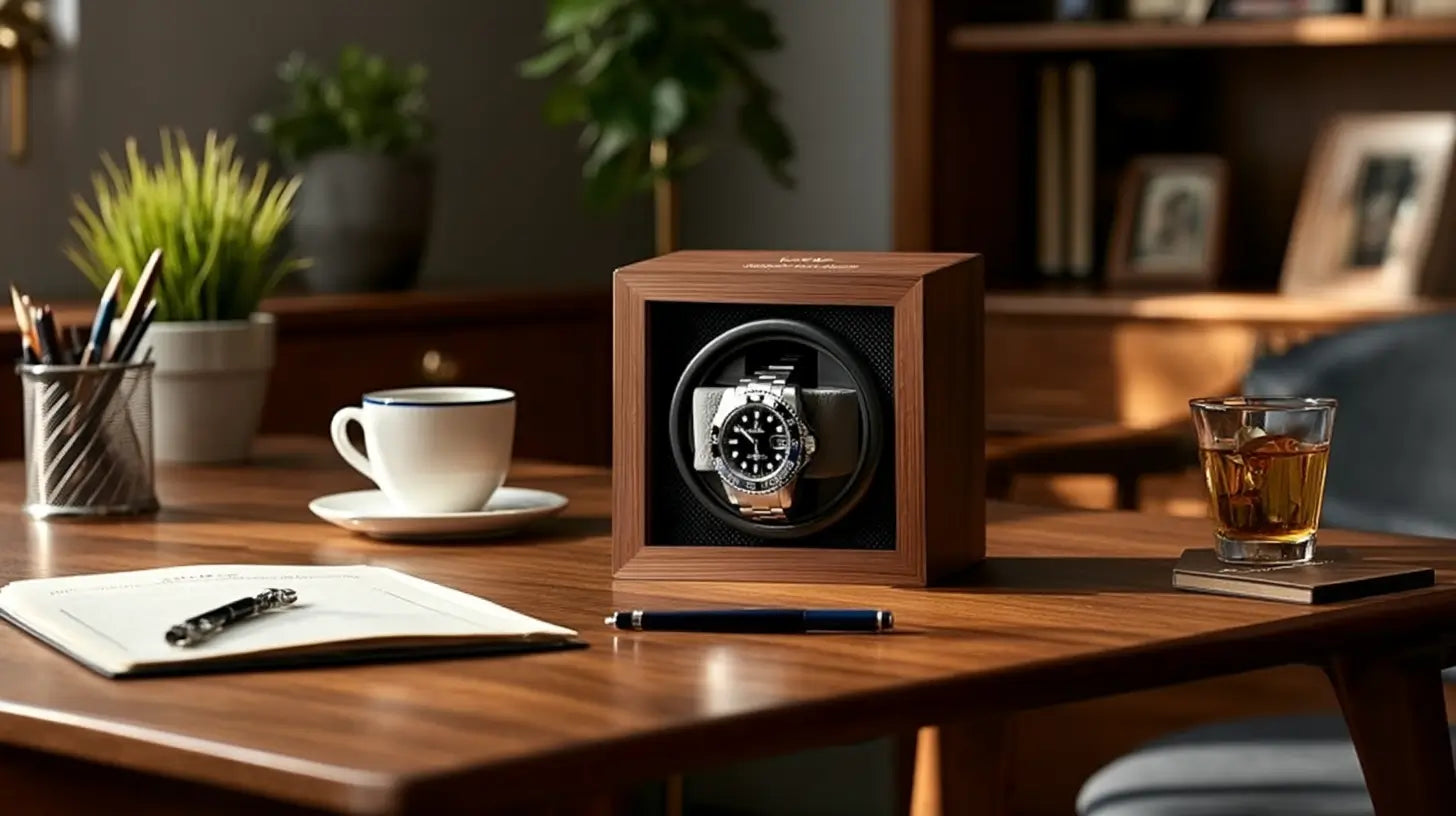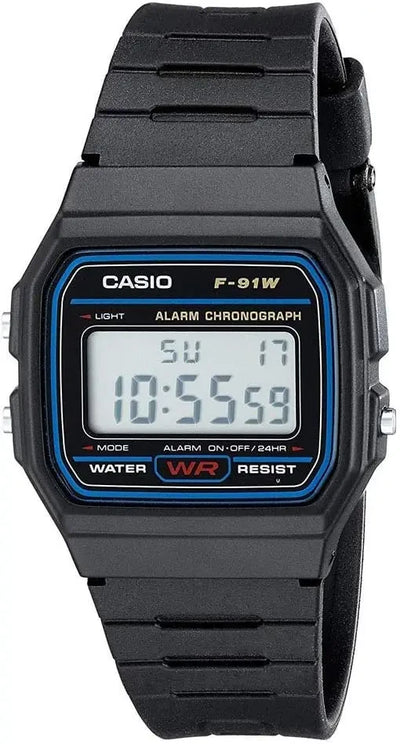
What is a Perpetual Calendar?
The perpetual calendar remains one of the greatest achievements in watchmaking, a symbol of human ingenuity and artistic refinement.



Why automatic watch winders aren't just for detail-oriented people
There's something paradoxical about luxury watchmaking. You spend thousands of euros to acquire an exceptional automatic watch... and then you let it die on a shelf. Without noise. Without shock. Without glory.
She slowly falls asleep, her power reserve drained, her mechanics slowed, her complications forgotten. And when it's time to pick her up again, everything has to be readjusted: the time, the date, the moon phase—sometimes even her motivation.
This is where the winder discreetly enters the scene. What if it weren't a gadget, but a gesture?

An automatic watch only works when worn. The movement of the wrist activates a rotor, which recharges the mainspring. But without regular movement, everything stops.
And when everything stops, everything goes wrong:
A watch's worst enemy isn't time. It's stillness.

An automatic watch winder simulates wrist movements using a silent, programmable motor. It turns. Slowly. Steadily. Like mechanical breathing.
It's not a charger. It's an ecosystem. A wine cellar for timepieces. An invisible, yet essential, skincare routine.
Using a winder means:
Most regular users say: once you've tried it, you won't go back.
See the collection of automatic watch winders selected by Rotation Horlogère
Not everyone needs a watch winder. If you wear the same watch every day, if you enjoy winding it yourself, if you find joy in the watchmaking process, then perhaps a watch winder isn't for you.
But if you alternate your pieces, if your watch has complications, if you have a watch that you wear rarely but that you like to keep ready... then yes, the winder becomes logical.

As always, it's all about quality. A good winder should:
Also read: the essential guide to automatic watch winders
A good watch winder doesn't make noise. It doesn't disturb you. It watches over you. It works for you, while you live. It displays nothing, but preserves everything.
Because, ultimately, true luxury isn't wearing a rare watch. It's knowing it's ready. Precise. And alive.

The perpetual calendar remains one of the greatest achievements in watchmaking, a symbol of human ingenuity and artistic refinement.

Which watch is the best-selling in the world among all the brands and models available on the market? We will explore...

Discover our selection of affordable Swiss watch brands for all budgets and desires.
Leave a comment
This site is protected by hCaptcha and the hCaptcha Privacy Policy and Terms of Service apply.